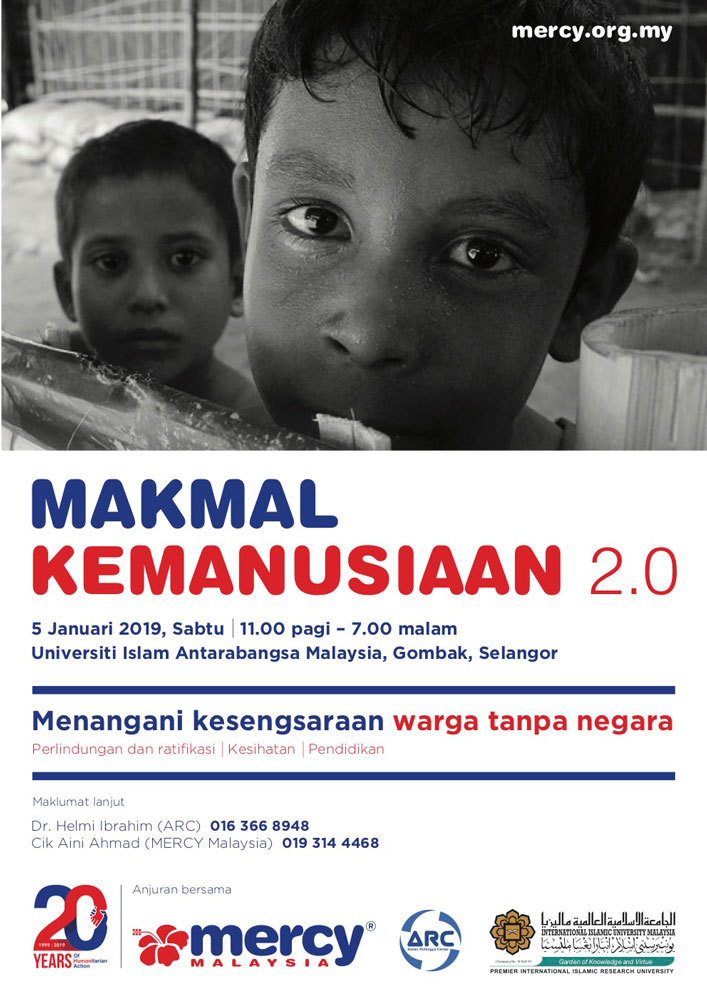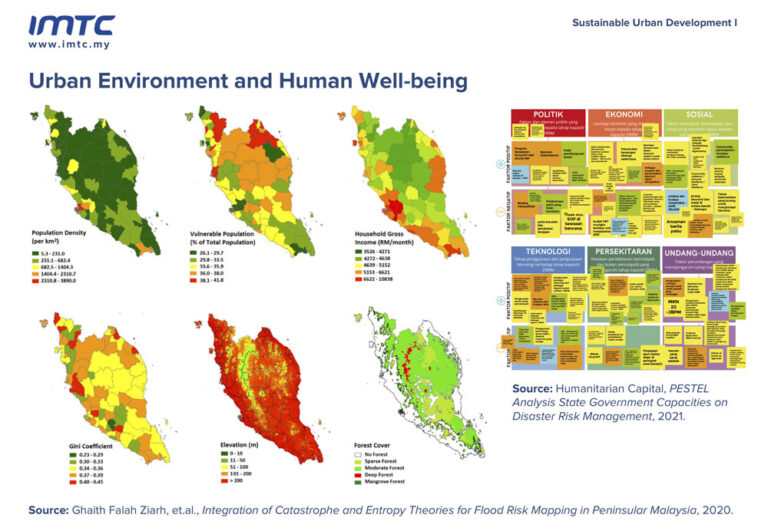Services: Strategic planning; Communications
Location: Kuala Lumpur, Malaysia
Year: 2018, 2019
Partner: MERCY Malaysia
Malaysia has provided a certain level of discretionary protection to some categories of displaced persons, including persons fleeing the ravages of war in Vietnam in the 1970s and Bosnians escaping from ethnic cleansing during the Balkan wars in the 1990s. For several decades, Malaysia has also allowed large communities of Filipinos from the Mindanao region to settle in the State of Sabah in Borneo, to the extent that in certain areas of Sabah, Filipino refugees currently outnumber the population of native Sabahans.
As of end June 2018, there are some 158,620 refugees and asylum-seekers registered with UNHCR in Malaysia. Some 137,380 are from Myanmar, comprising some 73,900 Rohingyas, 30,530 Chins, 9,840 Myanmar Muslims, 4,010 Rakhines and Arakanese, and other ethnicities from Myanmar. There are some 21,240 refugees and asylum-seekers from other countries, including some 5,790 Pakistanis, 2,860 Yemenis, 2,810 Somalis, 2,760 Syrians, 1,900 Sri Lankans, 1,660 Afghans, 1,480 Iraqis, 780 Palestinians, and others from other countries.
Positively, Malaysia has endorsed the Universal Declaration of Human Rights 1948 (UDHR), and on many occasions, including during the UN World Conference on Human Rights in Vienna 1993, reaffirmed its commitment to the Declaration. However, despite the large presence of refugees, Malaysia is not a party to international conventions which provide protection for the rights of refugees, in particular, to the 1951 Convention Relating to the Status of Refugees and therefore does not formally recognize or grant any form of refugee status.
The Humanitarian Lab is intended as a common platform for experts, researchers and advocates to discuss, research and develop strategies in responding to the said issues regarding protection and registration, access to education and health of refugees in the country. The lab will apply strategic frameworks, database and basic principles in order to reflect and further advocate its agenda and wills to political mechanism.














